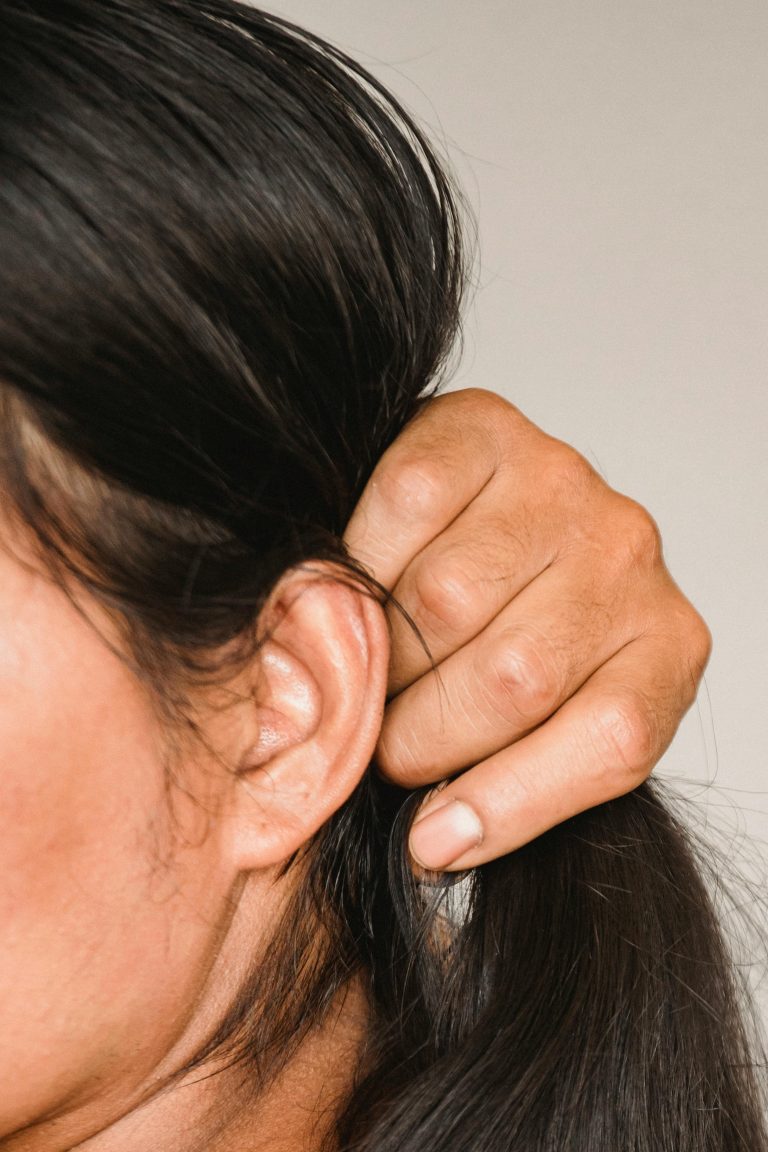Ear pain, also known as earache or otalgia, can be a troubling condition that affects individuals of all ages. In Singapore, where humidity and air quality fluctuations are common, ear problems can be exacerbated, leading to discomfort. Understanding the causes of ear pain, the appropriate treatments, and how to prevent it can help alleviate suffering and prevent complications.
What is Ear Pain?
Ear pain can be experienced in one or both ears and can range from a mild ache to sharp, stabbing pain. It may be caused by issues within the ear itself, or it could be referred pain from nearby structures like the throat or jaw. Ear pain can also be accompanied by symptoms such as hearing loss, discharge, or dizziness.
Common Causes of Ear Pain
Several factors can cause ear pain, including:
- Ear Infections (Otitis Media or Otitis Externa): One of the most common causes of ear pain is infection. Middle ear infections (otitis media) occur when bacteria or viruses enter the middle ear, causing inflammation and fluid buildup. Outer ear infections (otitis externa), commonly known as swimmer’s ear, result from infection of the ear canal, often due to water exposure.
- Earwax Buildup: Excessive earwax can harden and press against the eardrum, causing pain and discomfort.
- Sinus or Throat Infections: Conditions such as sinusitis, tonsillitis, or throat infections can lead to referred pain in the ears.
- Jaw or Dental Problems: Temporomandibular joint (TMJ) disorders, teeth grinding, or dental infections can cause ear pain due to their proximity to the ears.
- Pressure Changes: Rapid changes in air pressure, such as during air travel or diving, can affect the ear and cause discomfort, a condition known as barotrauma.
- Eardrum Injury: A perforated or ruptured eardrum, often caused by trauma, infection, or exposure to loud sounds, can result in severe ear pain.
Symptoms Accompanying Ear Pain
Depending on the underlying cause, ear pain may be accompanied by additional symptoms, including:
- Hearing Loss: Temporary or persistent hearing loss can occur alongside ear pain, especially in cases of infection or wax buildup.
- Discharge: Fluid or pus draining from the ear may indicate an infection or a ruptured eardrum.
- Dizziness or Vertigo: If the inner ear is affected, you may experience dizziness or a spinning sensation.
- Ringing in the Ears (Tinnitus): A ringing or buzzing sound in the ear can occur alongside ear pain, especially in cases of earwax impaction or infection.
- Fever: Ear infections are often accompanied by fever and general malaise.
When to Seek Medical Attention
While mild ear pain can resolve on its own, you should seek medical care if:
- The pain is severe or persists for more than a day or two.
- You experience hearing loss, dizziness, or ringing in the ears.
- There is discharge or fluid leaking from the ear.
- You have a fever or signs of an infection.
Treating Ear Pain
The treatment for ear pain depends on the underlying cause:
- Ear Infections: Bacterial ear infections may require antibiotics, while viral infections often resolve on their own. Over-the-counter pain relievers such as ibuprofen or acetaminophen can help alleviate pain and fever.
- Earwax Removal: If earwax buildup is causing pain, your doctor may recommend ear drops to soften the wax or remove it using a specialized instrument.
- Warm Compress: Applying a warm compress to the affected ear can help relieve pain and reduce inflammation.
- Eardrum Injury: If the eardrum is ruptured, it will often heal on its own, but it’s important to avoid inserting anything into the ear and seek medical advice for appropriate care.
- TMJ or Dental Issues: If the pain is due to jaw or dental problems, addressing these underlying issues can relieve the ear pain.
Preventing Ear Pain
You can take steps to reduce your risk of ear pain and related problems:
- Keep Ears Dry: Avoid swimming in contaminated water and use earplugs if you are prone to swimmer’s ear. After swimming or showering, dry your ears gently to prevent moisture buildup.
- Avoid Q-Tips: Using cotton swabs or other objects to clean your ears can push earwax deeper into the ear canal, causing impaction or injury. Let your ears clean themselves naturally.
- Manage Allergies or Sinus Issues: If you suffer from allergies or sinus problems, managing these conditions can help prevent referred pain in the ears.
- Equalize Ear Pressure: When flying or diving, chew gum, yawn, or use specialized earplugs to equalize pressure and prevent barotrauma.
Living with Ear Pain
While most cases of ear pain resolve without complications, chronic or severe cases require medical attention to prevent hearing loss or further issues. If you experience recurring ear pain, it may indicate an underlying condition that needs to be addressed.
For expert advice and personalized treatment, visit Igaku. We provide in-person consultations at our clinics and convenient teleconsultations via WhatsApp to help you manage ear pain and other health concerns effectively.
Read our other articles here.
- IGAKUhttps://igaku.co/blog/author/igaku/
- IGAKUhttps://igaku.co/blog/author/igaku/
- IGAKUhttps://igaku.co/blog/author/igaku/
- IGAKUhttps://igaku.co/blog/author/igaku/


